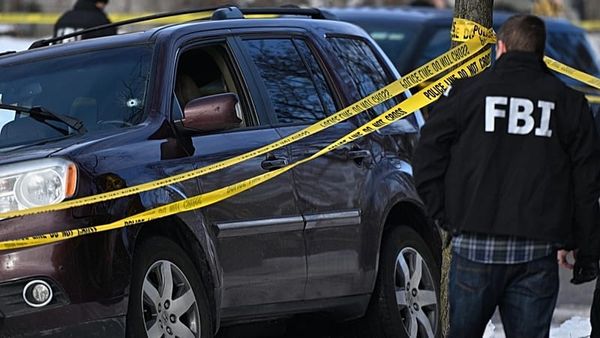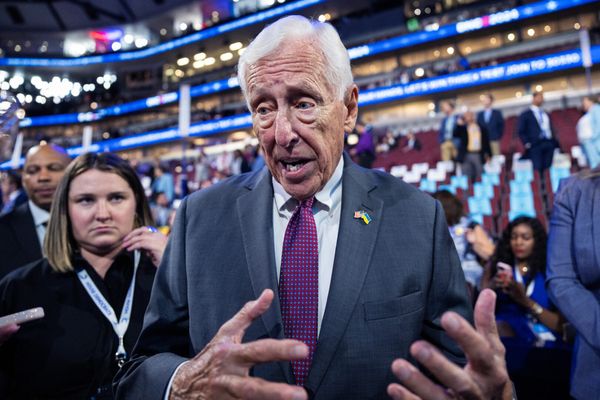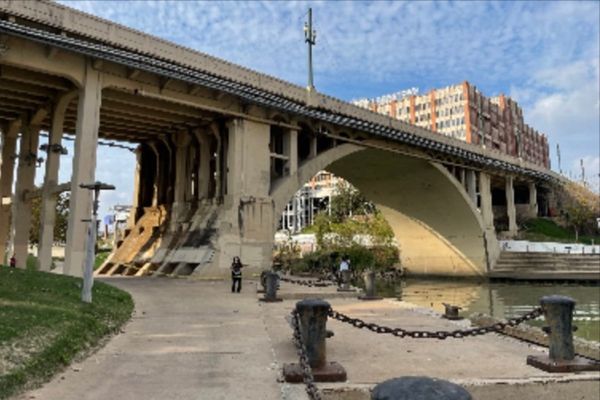
Chinese officials will be briefed on details of the multi-billion AUKUS submarine deal, despite public concern from Beijing about the plan.
China has accused Australia and fellow AUKUS partners of going down a "path of error and danger" following the announcement of the up-to $368 billion deal for nuclear submarines.
China's foreign minister Wang Webin said Australia, the UK and US had disregarded the concerns of international communities in launching the deal.
While China initially did not take up an offer for a run down on the submarine deal, Foreign Minister Penny Wong said Chinese officials would still take part in upcoming briefings on the submarines later on Wednesday.
"We are having a general diplomatic corps briefings, and I understand China will be attending and along with many other countries, and that is a good thing," she told ABC Radio.
"We believe one of the ways we can deal in the region, openly, clearly and to demonstrate our motivation which is stability and peace, is to be very transparent about our plans.
Senator Wong said Australia would still look to cooperate with China, following a recent thawing of diplomatic relations between the two countries.
"I always said we wanted to cooperate with China where we can, disagree where we must and we will engage in our national interests, and we will continue to do that," she said.
"I always made clear that stabilisation still means acting in our national interest."
Opposition defence spokesman Andrew Hastie said China's concern on Australia acquiring nuclear submarines was hypocritical.
"China is, after all, undergoing the biggest peacetime military expansion since World War II, so it's a bit ironic for them to give us a lecture about a modest increase in our military power relative to this," he told ABC Radio.
"We certainly don't want to create any issues with China, we just want to make sure that we will be able to defend ourselves in the future."
Deputy Prime Minister Richard Marles said Australia would be condemned by history if it did not have a greater defence build up, given the increasing tensions in the Indo-Pacific.
"The decision we are making is going to hand to our kids and our grandkids a much more self-reliant country and a country which we will be able to keep safe," he told ABC TV.
"We are seeking to acquire this capability to make our contribution to the collective security of the region and the maintenance of the global rules-based order within the region."







